Sydney Hyde ParkHyde Park Flora & Fauna
Sydney is home to Australia’s oldest park, Hyde Park. In the heart of central Sydney, Hyde Park is 16 hectares of wide open space.
Hyde Park is bounded by Elizabeth Street (west side), Liverpool Street (south side), College Street (east side), Prince Albert Road and St James Road (north side), with Park Street (west to east) cutting the park in half.
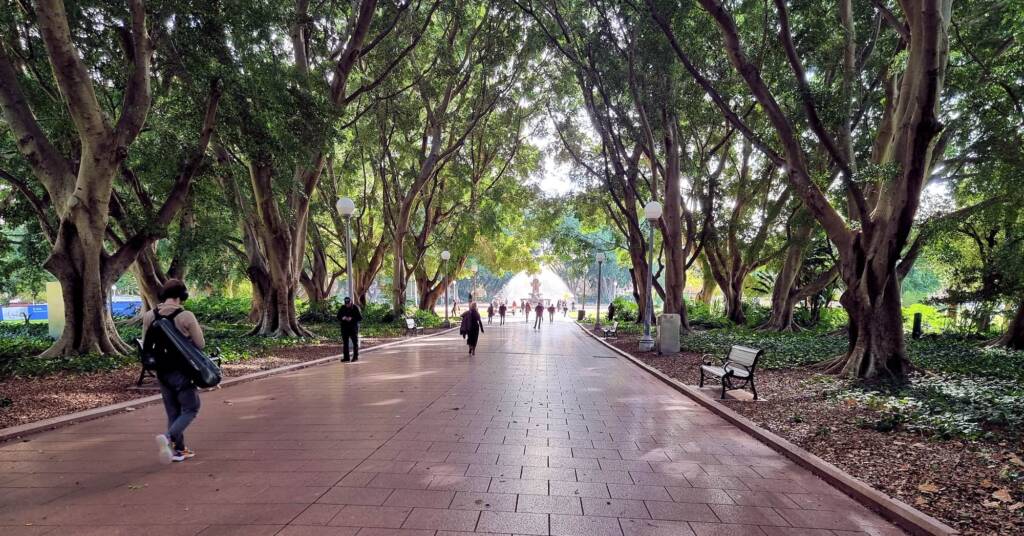
Reserved by Governor Phillip in 1792 for the use of Sydney, it was used as a common for gathering firewood and grazing animals until its proclamation by Governor Macquarie in 1810, who named it after the park in London.
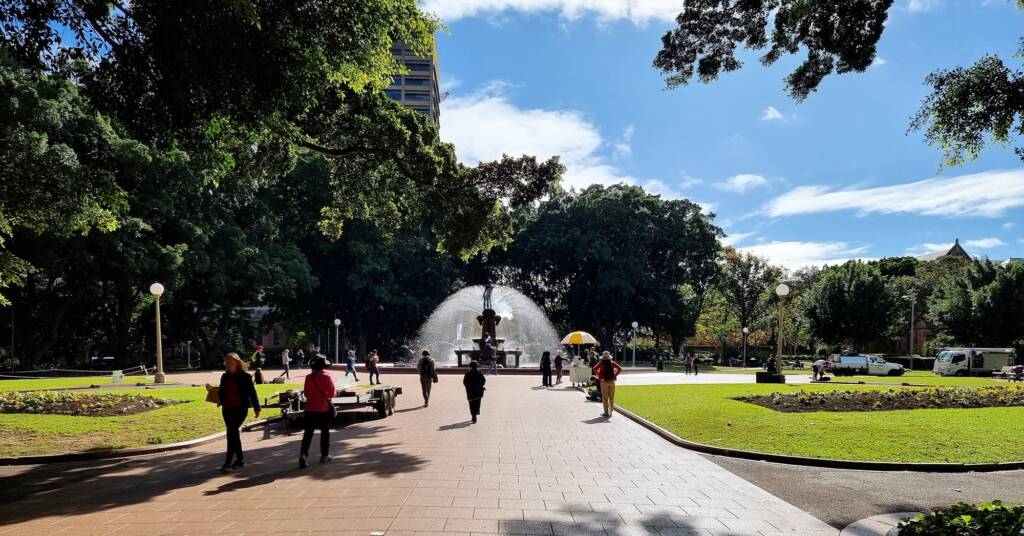
Originally envisaged, by architect Francis Greenway, as the grand quadrangle of a neo-classical town plan, Hyde Park’s first use was as a course for horse racing. Following on by the 1820s it had become a popular venue for cricket matches and children’s games.
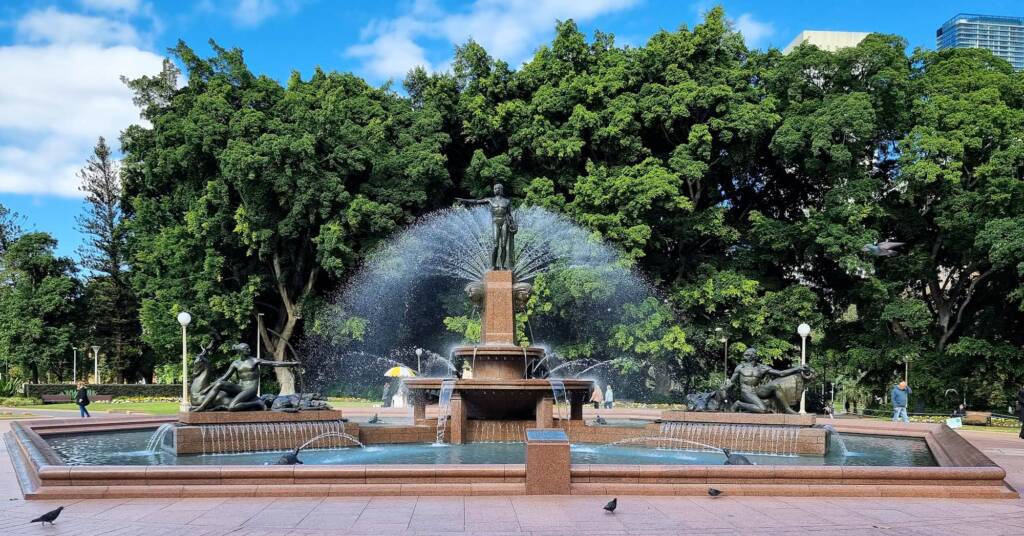
There were many historical moments and changes related to the park, as well as programs of upgrading. After the city circle rail line in the 1920s, which saw the whole park dup up, reconstruction of the park began in 1926. Two significant constructions were the major monuments of the Archibald Fountain (at the northern end of the park and completed in 1932), and the Anzac Memorial to Australia’s World War I soldiers (which opened in 1934).
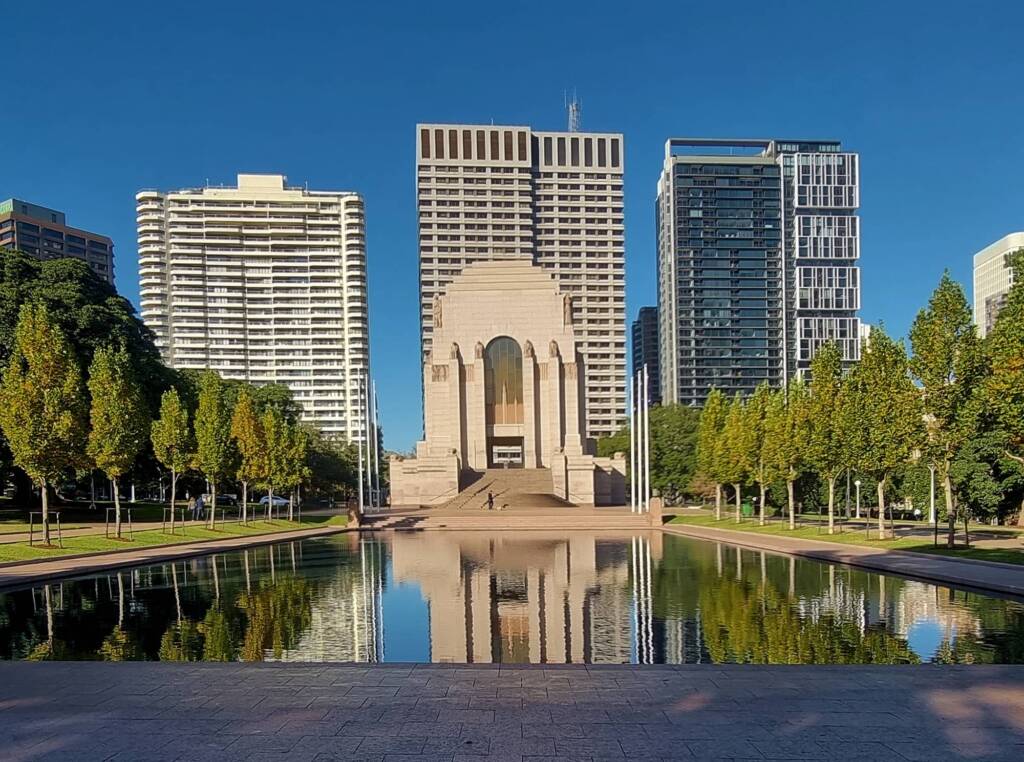
Also in the park, are tributes that pay homage to the sacrifices made by the fallen and returning soldiers, including the memorial tribute to all Aboriginal and Torres Strait Islander people who have defended our country — Yininmadyemi Thou didst let fall, by artist Tony Albert.
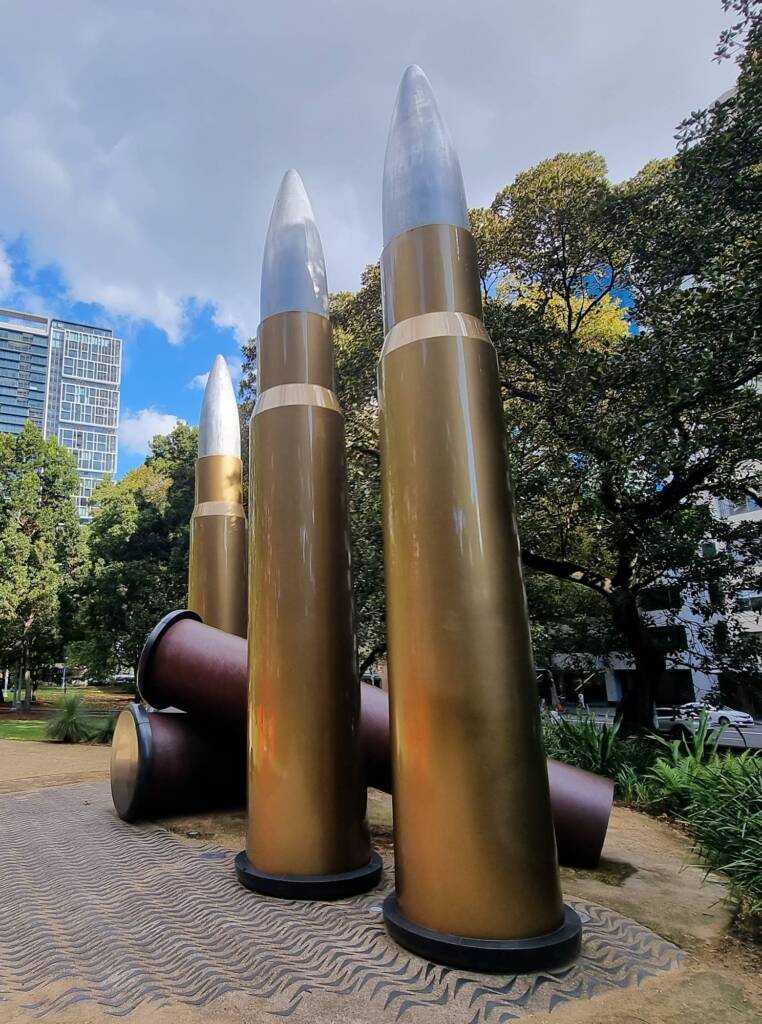
Hyde Park also include two train station, St. James Station (at the northern end of Hyde Park) and Museum Station also known as Museum Railway Station (at the southern end of Hyde Park), both are part of the City Circle rail link and were added to the New South Wales State Heritage Register on 2 April 1999. The Museum Station is the first underground railway station in Australia, followed by St James Station.5, 6
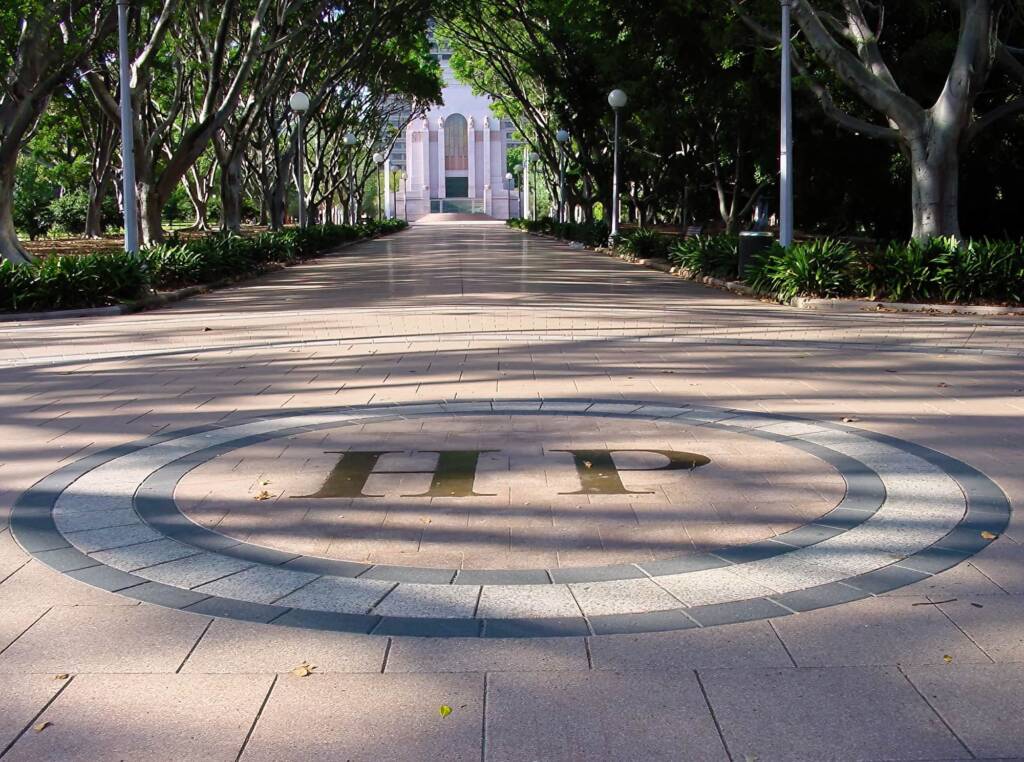
You can read more about the history of Hyde Park on the City of Sydney website.2
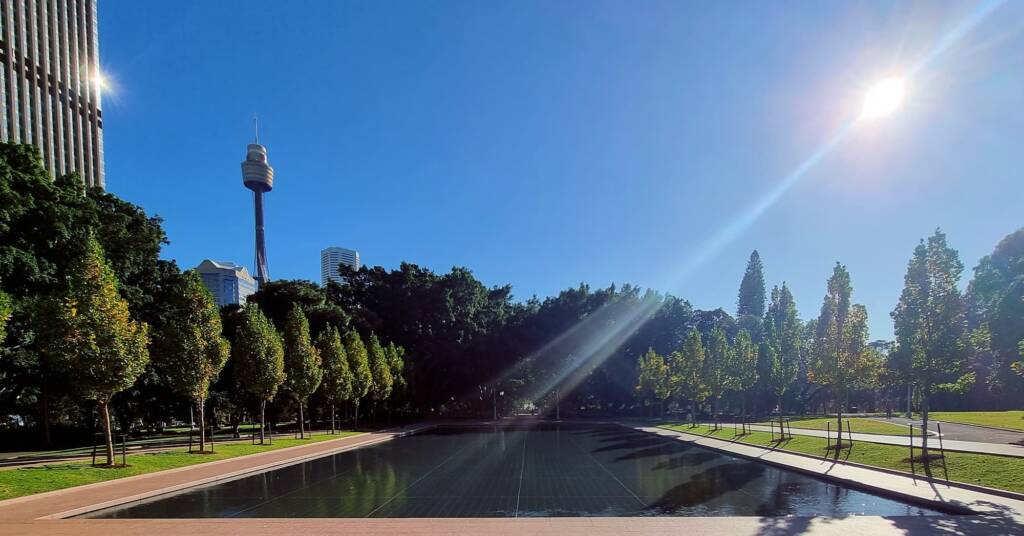
Footnote & References
- Hyde Park, City of Sydney, https://www.cityofsydney.nsw.gov.au/parks/hyde-park
- History of Hyde Park, City of Sydney, https://www.cityofsydney.nsw.gov.au/histories-local-parks-playgrounds/history-hyde-park
- Anzac Memorial, https://www.anzacmemorial.nsw.gov.au/
- The Pool of Reflection, Anzac Memorial, https://www.anzacmemorial.nsw.gov.au/pool-reflection
- St James Railway Station, State Heritage Inventory, https://www.hms.heritage.nsw.gov.au/App/Item/ViewItem?itemId=4801096
- Museum Railway Station Including Interiors, State Heritage Inventory, https://www.hms.heritage.nsw.gov.au/App/Item/ViewItem?itemId=2424096
- The Secret Tunnels at St James Station, by museumoflost, 4 January 2022, The Museum of Lost Things, https://www.museumoflost.com/the-secret-tunnels-at-st-james-station/
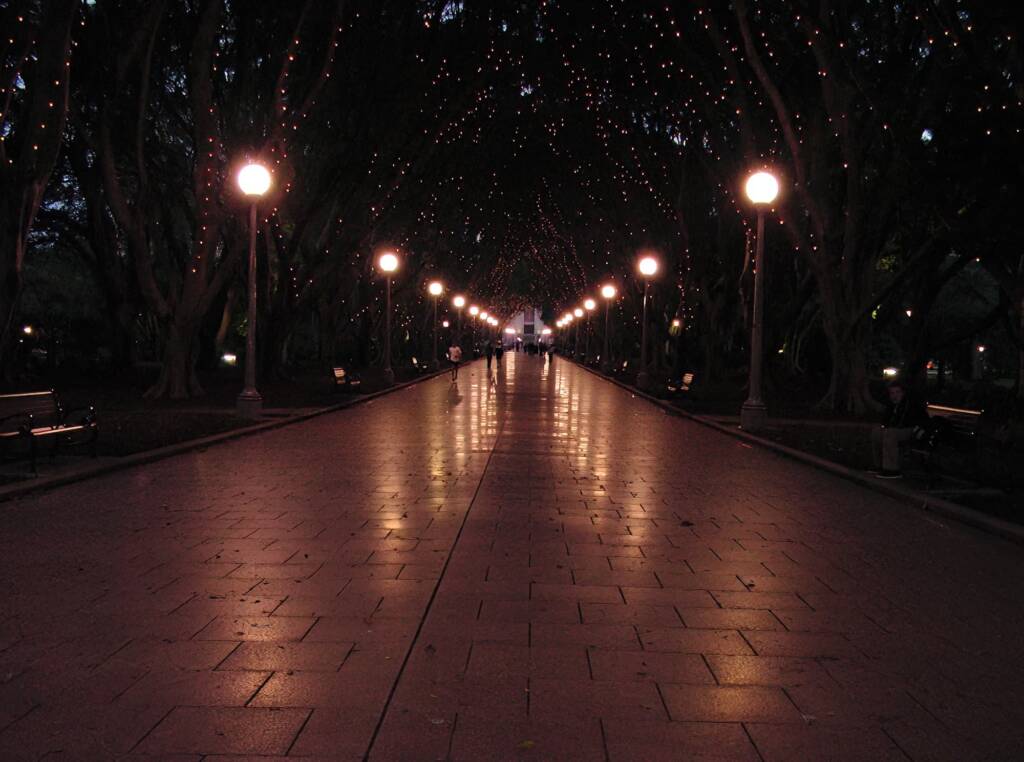
Sydney Hyde ParkHyde Park Flora & Fauna
Sydney AttractionsArt Gallery of NSW Barangaroo Fort Denison – Muddawahnyuh Martin Place Queen Victoria Building – QVB St Mary’s Cathedral Sydney City of Escalators Sydney Harbour Bridge Sydney Hyde Park Sydney Monuments & Memorials Sydney Northern Beaches Sydney Opera House Sydney Tower Sydney Town Hall The Royal Botanic Garden Sydney Wynyard Park
SydneySydney Art Sydney Accommodation Sydney Attractions Sydney Cityscape Darling Harbour Sydney Fauna Sydney Flora
New South WalesBarunguba Montague Island Bourke Blue Mountains Bundeena Central Coast Kosciuszko National Park Mount Kaputar National Park Lower North Shore Northern Beaches Sapphire Coast Snowy Mountains Region South Coast Stony Range Regional Botanic Garden Sydney
